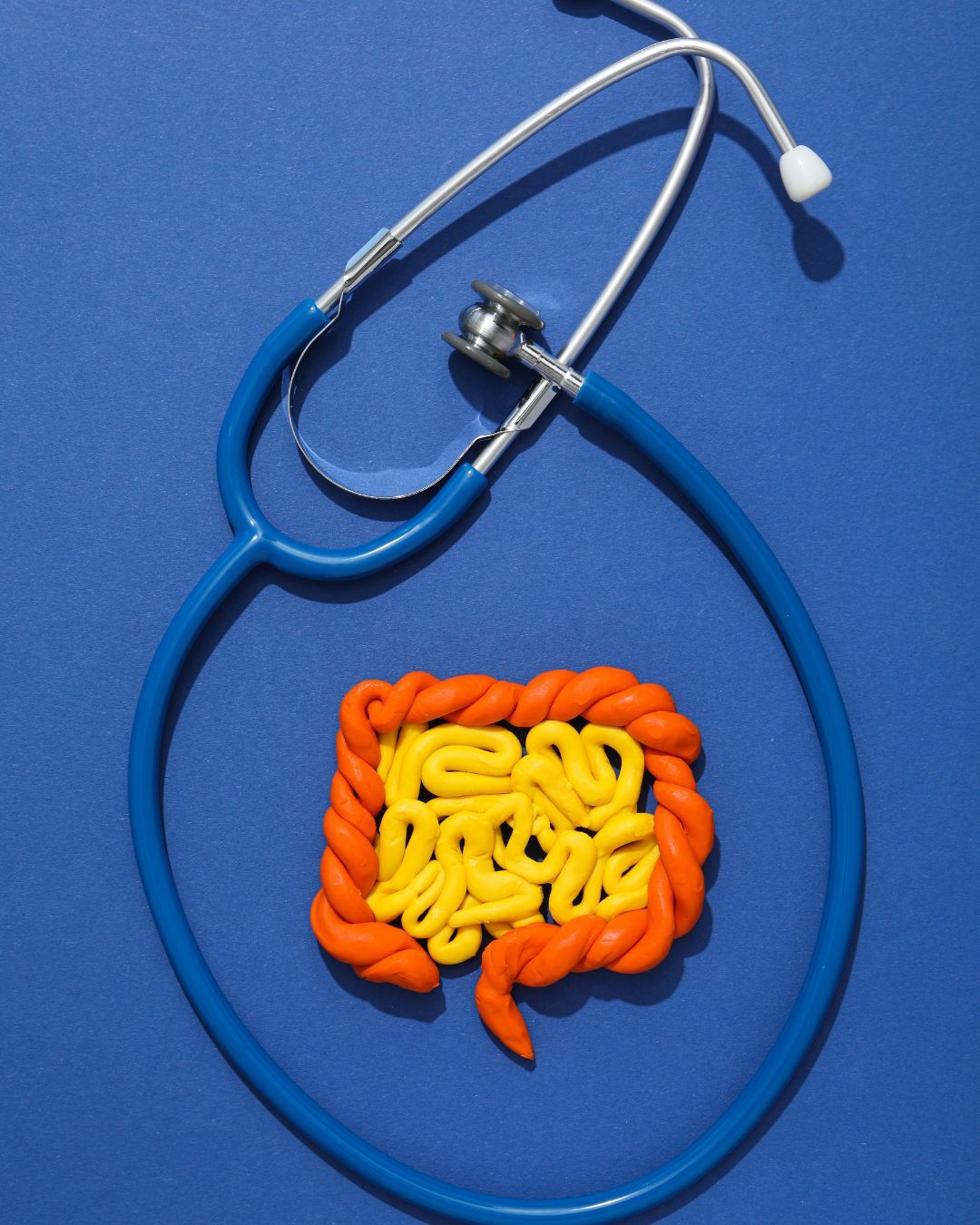

Nutrition education is super important for everyone, but sometimes it can be confusing. There's so much information out there about what you should and shouldn't eat, it's hard to know where to start! But don't worry, I'm here to give you a quick overview of some key concepts in nutrition education.
First off, let's talk about macronutrients. Gain access to more information check now. These are the nutrients that your body needs in large amounts to function properly. They include carbohydrates, proteins, and fats. Carbs are your body's main source of energy, so make sure you're getting enough of them. browse through . Proteins are essential for building and repairing tissues, while fats help with things like hormone production and vitamin absorption.
Next up, we have micronutrients. These are the nutrients that your body needs in smaller amounts but are still super important for overall health. Micronutrients include vitamins and minerals like vitamin C, calcium, and iron. Making sure you're getting enough micronutrients is crucial for things like immune function, bone health, and energy production.
Lastly, let's talk about dietary guidelines. These are recommendations put out by organizations like the USDA to help people make healthy food choices. They cover things like how many servings of fruits and vegetables you should be eating each day, how much protein you need, and how to limit things like added sugars and saturated fats.
So there you have it - a quick overview of key concepts in nutrition education! Remember to focus on a balanced diet that includes plenty of macronutrients and micronutrients while following dietary guidelines as best as you can. And if you ever feel overwhelmed or confused about nutrition education, don't hesitate to reach out for help!
Hey there! Let's chat about how poor nutrition can really mess with our bodies and lead to some serious health problems like obesity, diabetes, and heart disease. Not eating the right foods or getting enough nutrients can really throw off our whole system and make us feel pretty crummy.
When we don't fuel our bodies properly, it can cause our weight to creep up and put us at risk for developing obesity. This not only affects how we look, but also puts a lot of strain on our organs and joints. Plus, carrying around extra weight can increase our chances of developing diabetes, which is a condition where your blood sugar levels are too high.
And let's not forget about heart disease - poor nutrition can lead to high cholesterol levels and clogged arteries, putting us at risk for heart attacks and strokes. It's so important to pay attention to what we're putting into our bodies and make sure we're getting all the vitamins and minerals we need to stay healthy.
That's why nutrition education is key - learning about the impact of food on our bodies can help us make better choices when it comes to meal planning and grocery shopping. By making small changes like swapping out sugary drinks for water or adding more fruits and veggies to our plates, we can take control of our health and prevent chronic diseases from taking hold.
So next time you reach for that bag of chips or opt for fast food instead of cooking a nutritious meal at home, think about how it could be affecting your long-term health. Your body will thank you in the end!
Routine exercise can lower the risk of chronic illness such as heart problem, kind 2 diabetes, and cancer cells.
Reflection can literally change the mind structure to enhance focus and mental health and wellness.
Apples are a significant source of dietary fiber and vitamin C, and consuming them has actually been linked to a reduced risk of chronic conditions.
Consuming probiotics with yogurt or supplements can enhance gastrointestinal health and wellness and may assist avoid problems like cranky digestive tract disorder.
Preventive care and regular check-ups be so important for maintainin' good health!. Ain't nobody wanna be dealin' with sickness or disease if they don't gotta.

Posted by on 2024-05-15
Hey there!. So, when it comes to learning the top strategies for a long and fulfilling life through health education, one thing that's really important is finding ways to incorporate mindfulness practices and relaxation techniques into your daily routine.

Posted by on 2024-05-15
So, like, physical fitness and exercise are like super important, right?. But sometimes it's really hard to like, actually do it because there are so many barriers getting in the way.

Posted by on 2024-05-15
Hydration, it's so important for our health.. When we don't drink enough water, it can really affect how we feel.

Posted by on 2024-05-15
Nutrition education be an important part of health education programs in schools and community organizations. It helps people learn about healthy eating habits and how to make better food choices. Without nutrition education, many people may not know the benefits of eating a balanced diet or how certain foods can affect their overall health.
Incorporating nutrition education into these programs can be challenging, but there are some strategies that can help. For example, schools could offer cooking classes or workshops on how to read food labels. Community organizations could host nutrition fairs or events where people can learn about different types of foods and their nutritional value.
It's also important for educators to make sure that the information they provide is accurate and up-to-date. This means staying informed about the latest research on nutrition and health so they can pass along the most current information to their students.
Overall, incorporating nutrition education into health programs can have a positive impact on people's lives by helping them make healthier choices when it comes to food. So let's work together to ensure that everyone has access to this important information!


Nutrition education is super important, right? It helps people make better food choices and improve their overall health. But how do we know if it's actually working? We gotta use evaluation methods to measure the effectiveness of these interventions.
There are tons of different ways to evaluate nutrition education programs, like surveys, interviews, and observation. These methods can give us a good idea of whether or not people are actually changing their eating habits because of the education they're receiving.
But sometimes these methods don't tell the whole story. People might not always be honest in surveys or interviews, and observation can be biased. So it's really important to use a combination of different evaluation methods to get a more accurate picture of what's going on.
Overall, evaluation methods are essential for measuring the effectiveness of nutrition education interventions. They help us see if all our hard work is paying off and making a real difference in people's lives. And that's pretty awesome if you ask me!
Let me tell you about some awesome case studies showing how nutrition education programs have made a big difference in people's lives. These initiatives have had amazing outcomes, helping individuals make healthier choices and improve their overall well-being.
One example is a program in a school where students were taught about the importance of eating balanced meals and staying active. As a result, the students started making better food choices and became more physically active, leading to improved academic performance and overall health.
Another case study looked at a community program that provided nutrition education to low-income families. After participating in the program, families reported feeling more confident in preparing healthy meals on a budget and saw improvements in their children's health and behavior.
Overall, these success stories show us the power of nutrition education in positively impacting people's lives. By providing individuals with the knowledge and resources they need to make healthier choices, we can help create a happier and healthier society for all. So let's keep spreading the word about the importance of good nutrition!


Implementing nutrition education programs in various settings can be a real challenge, ya know? There's so many barriers that make it hard to get the message out there. Like, lack of funding and resources can really hold back a program from reaching its full potential. And let's not forget about the resistance from certain groups who may not see the value in nutrition education. It can be frustrating trying to get everyone on board with the importance of healthy eating habits.
But despite all these obstacles, it's important to keep pushing forward and finding creative solutions to make sure that nutrition education is accessible to everyone. Because at the end of the day, promoting healthy eating habits is crucial for overall well-being and preventing chronic diseases. So let's work together to overcome these challenges and make sure that everyone has access to quality nutrition education programs. Let's do this!